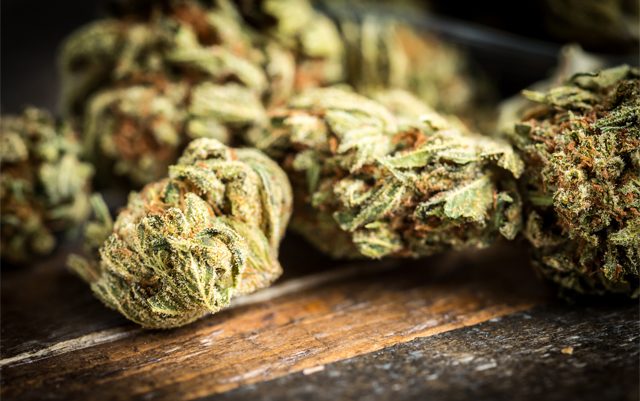We’ve reported extensively about the continued growth of the cannabis industry and the ramifications that legalization could have on collecting taxes. While there have been some obstacles to overcome and some bumps in the road — as any growing industry faces — most economic experts agree that revenue generated from the sale of medical and recreational weed will only increase as the years go by. Many of these experts are also predicting that cannabis taxes generated will eventually surpass and dwarf that of other ‘sin taxes’ – namely tobacco. Alcohol, gambling, and other things are also considered sin taxes, but we will focus on tobacco and cannabis here. While cannabis and tobacco are two entirely different substances, for the sake of this discussion, let’s follow along the thinking of a mainstream economist that considers them both applicable of the sin tax.
What is the ‘sin tax’?
Before we dig too deeply into the tax figures and discussion, let’s define what a sin tax is. Put simply, a sin tax is a tax on anything that society has deemed harmful, destructive or undesirable. Someday in the near future, we will be seeing cannabis put in the same discussion as any other medication or crop, and certainly not lumped into a sin tax.
Obviously, other states are taking notice to the success of legal cannabis in places such as Colorado. Legal cannabis sales in Colorado hit almost $1 billion in 2015, which was up from $700 million in 2014, generating millions of tax dollars in the process. Some officials in other states are eager to get a piece of the cannabis tax pie, while others still maintain the prohibitionist mindset. Voters in five states — California, Arizona, Maine, Massachusetts and Nevada — will decide in November if they want fully legalized cannabis. Four other states — Arkansas, Florida, Montana and North Dakota — will have voters cast their opinions as to whether they want to allow the use of medical cannabis.
Colorado charges a 15 percent excise tax, a 10 percent ‘special’ cannabis retail sales tax and the regular 2.9 percent state sales tax every time someone buys weed. A total of 27.9 percent tax on cannabis is quite high. These figures do not even take into account local levies. For example, the city of Denver taxes cannabis users an additional 7.15 percent. So if you buy herb in Denver, you’ll cough up a combined tax of 35 percent. Despite these steep taxes, the demand for legal cannabis in the state has not been weakened in the slightest.
The U.S. Tax Policy Center has calculated that state and local tobacco taxes raked in $18 billion in 2013 alone. Since then, the figures seem to drop a bit, perhaps indicating that people are quitting smoking tobacco. With fewer people smoking, cigarette tax numbers are on the decline. The inevitable conclusion is that taxes collected on recreational cannabis will soon overtake that of tobacco.






